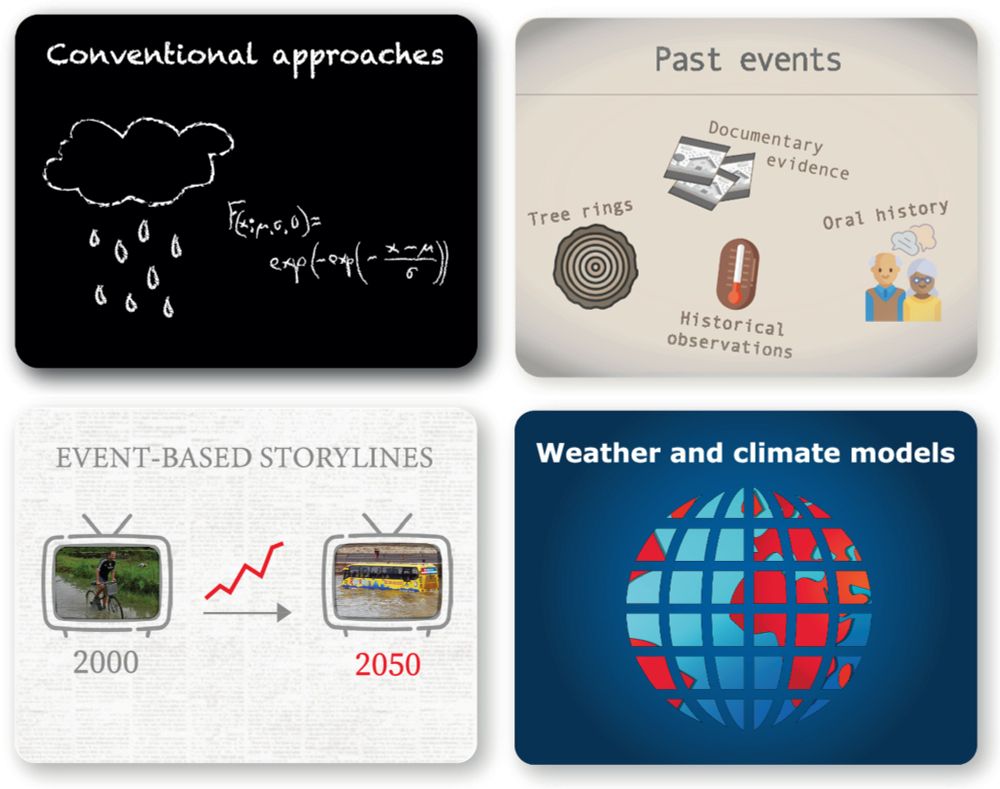Timo Kelder
@timokelder.bsky.social
270 followers
340 following
9 posts
Researcher @CAS_climate | PhD @lborogeog | climate extremes #UNSEEN | Caribbean climate resilience #hometown | Views my own
Posts
Media
Videos
Starter Packs
Reposted by Timo Kelder
Reposted by Timo Kelder
Liese C
@adaptableme.bsky.social
· Mar 14

How to stop being surprised by unprecedented weather - Nature Communications
Unprecedented weather events are increasingly impacting societies worldwide. This Perspective explores methods to anticipate such hazards, and it highlights the role of transformative, incremental, an...
www.nature.com
Reposted by Timo Kelder
Dr. Sarah Fortner
@erthsarah.bsky.social
· Mar 12
Reposted by Timo Kelder
Reposted by Timo Kelder
Reposted by Timo Kelder
Reposted by Timo Kelder
Reposted by Timo Kelder
Erich Fischer
@erichfischer.bsky.social
· Mar 11
Reposted by Timo Kelder
Timo Kelder
@timokelder.bsky.social
· Mar 11
Timo Kelder
@timokelder.bsky.social
· Mar 11
Timo Kelder
@timokelder.bsky.social
· Mar 11
Timo Kelder
@timokelder.bsky.social
· Mar 11
Timo Kelder
@timokelder.bsky.social
· Mar 11
Reposted by Timo Kelder
Reposted by Timo Kelder









